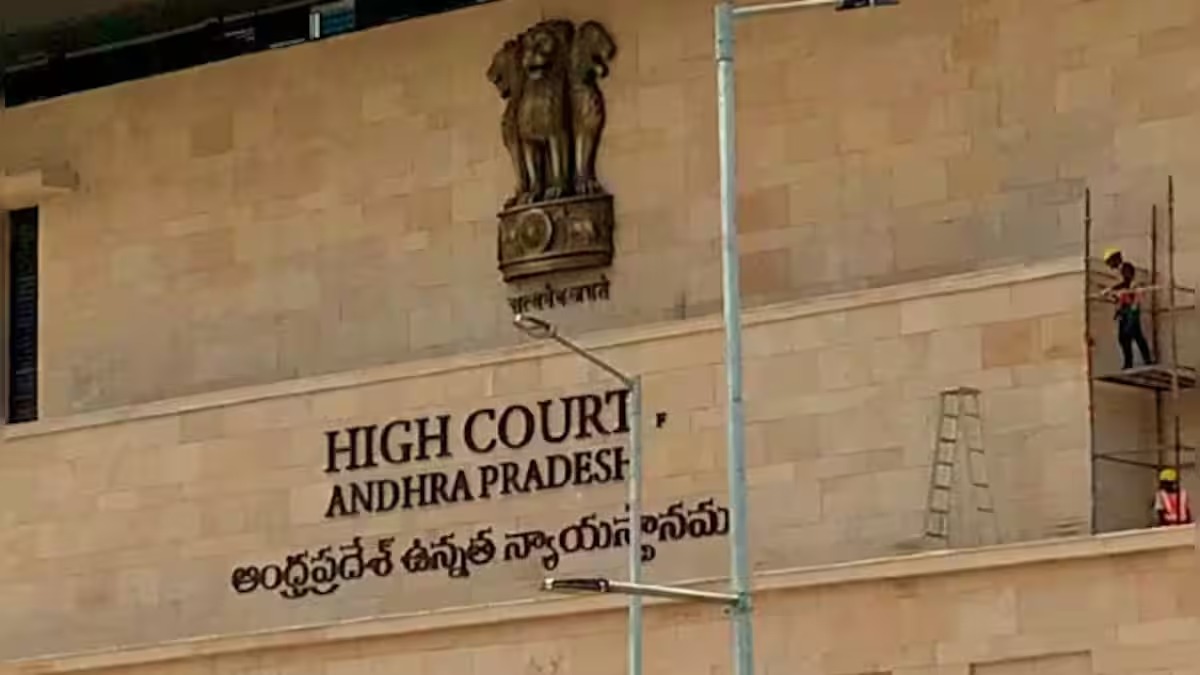Amar Dutt, J.@mdashShamsher Singh petitioner has filed the present revision to challenge the judgment of the Additional Sessions Judge, Karnal dated 11.12.1992 upholding the conviction and sentence recorded against him by the Chief Magistrate, Karnal holding him guilty for violation of the provisions of
Section 16(1)(a)(i) of the Prevention of Food Adulteration Act (hereinafter referred to as "the Act") and sentencing him to undergo rigorous imprisonment for six months and to pay a fine of Rs. 1,000/- in default whereof to undergo further rigorous imprisonment for three months.
2. Briefly stated, the facts of the prosecution case are that on 19.6.1985, the petitioner was working as a servant in the Halwai shop of Jagdish Chander. On that day, he was approached by Food Inspector A.N.Gandhi, who at that time was accompanied by Dr.Balbir Singh Chaudhary, Deputy Chief Medical Officer (Health), Kamal for purchase of Besan Laddus that were lying in the shop for sale. The Food Inspector purchased 600 grams of Laddus on payment of Rs.6/-. The purchased Laddus were divided into three equal parts, put into three dry and clean bottles, stoppered, labelled and sealed according to the Prevention of Food Adulteration Rules after two drops of formation per 25 grams had been added to the samples. One of the three sample bottles was forwarded to the Public Analyst, Haryana, who after analysis opined in his report Ex.PD that the sample was adulterated and contained unpermitted orange acid coltar dye. After receipt of the report, a complaint u/s 16(1)(a)(i) of the Act was filed in the Court of the Chief Judicial Magistrate, for prosecution of Jagdish Chander and Shamsher Singh.
3. After close of the prosecution evidence and recording of the statements of the accused u/s 313 of the Code of Criminal Procedure, the trial Court convicted and sentenced the petitioner as indicated hereinbefore. While doing so, the trial Court acquitted Jagdish Chander.
4. Before the appellate Court the conviction of the petitioner was challenged on the ground that there was no proof of the coltar dye having rendered the Besan Laddus unfit for human consumption. This argument was rejected on the ground that it was not permissible to use the coltar dye found present in the same and, therefore, it had to be presumed that the Laddus were adulterated. While doing so, the appellate Court also noticed the fact that the report of the Central Food Laboratory in relation to the second sample, which was sent on the request of the accused conform with the report of the Public Analyst.
5. Before this Court, in revision, it has been sought to be urged that the petitioner was merely working as a servant at the shop of Jagdish Chander and once Jagdish Chander was acquitted, it would not be permissible in law to hold the servant vicariously liable as he was neither responsible for maintaining the standard prescribed nor is there any evidence on the record that he was in any way associated with the preparation of the Laddus.
6. I have carefully considered the arguments advanced by the learned counsel and have perused the record.
7. On merits, the learned counsel for the petitioner has not been able to urge anything which could persuade this Court to take a view contrary to the one taken by the Court below. There is no reason as to why the testimony of A.N.Gandhi and Dr.Balbir Singh Chaudhary should be rejected. The two Courts below have found have found that the evidence on the record is sufficient to justify the conviction of the petitioner.
8. Even otherwise, when examined u/s 313 of the Code of Criminal Procedure for recording his explanation in relation to the incriminating circumstances appearing against him in the prosecution case, it has not been the stand of the petitioner that he was not responsible for maintaining the prescribed standards and he had merely sold whatever had been prepared by the owner to the Food Inspector. The case of the petitioner would, in these circumstances, be squarely covered by the observations of the Apex Court in
Every person, be he an employer or an agent is prohibited from selling adulterated food and infringement of the prohibition is by Section 16, penalised. By Section 19(1) in a prosecution for an offence pertaining to the sale of any adulterated article of food, it is no defence merely to allege that the vendor was ignorant of the nature of the substance or quality of the food sold by him. Prohibition of sale of adulterated food is evidently imposed in the larger interest of maintenance of public health. If the owner of a shop in which adulterated food is sold is without proof of a mens rea liable to be punished for sale of adulterated food, there is no reason why an agent or a servant of the owner is not liable to be punished for contravention of the same provision unless he is shown to have guilty knowledge.
and, therefore, no interference with the view taken by the Courts below is called for.
9. The next question, which has been pressed into service by the learned counsel for the petitioner is that taking into consideration the fact that the occurrence took place on 19.6.1985 and the fact that the petitioner had given his age as 18 years at the time of framing of the charge, he would be under 18 years of age on the date of the commission of the offence. In view of this, learned counsel has submitted that the petitioner is entitled to the benefit of Probation of Offenders Act as it is permissible to extend the same to cases where the accused is under 18 years of age. To substantiate this plea, the learned counsel then submitted that the petitioner was only a servant and had no control over the artificial dye which was used by the owner for colouring Laddus. It was also submitted that over 20 years have passed and it would be in the fitness of things if the petitioner is dealt with under the provisions of Probations of Offenders Act so that members of his family are spared from the strain which they are likely to suffer in case he is required to undergo the remaining period of sentence imposed upon him.
10. Having given my thoughtful consideration, I feel that the ends of justice would be sufficiently met, if the conviction of the petitioner is upheld and he is ordered to be released on probation on his entering into a personal bond for a sum of Rs.20,000/- with one surety in the like amount to the satisfaction of Chief Judicial Magistrate, Karnal, for a period of one year. During the aforesaid period of probation, he shall keep peace and be of good behaviour. At the same time he is also directed to deposit the aforesaid amount of costs of the proceedings. However, if the petitioner fails to deposit the aforesaid amount of costs and furnish the requisite bail bonds within a period of one month from the date of the order, his revision shall stand dismissed and he shall undergo the remaining period of his sentence.
11. Subject to the above modification, the revision fails and is dismissed.

